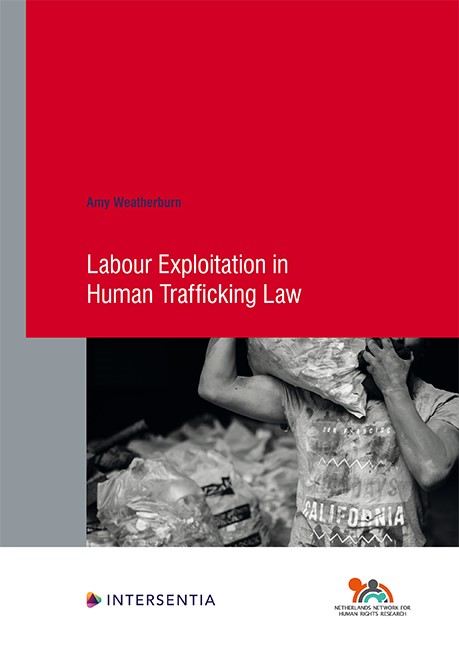Book contents
- Frontmatter
- Foreword
- Contents
- List of Abbreviations
- List of Tables
- Introduction
- PART I Exploitation in Political Theory
- PART II Labour Exploitation in Law
- PART III Labour Exploitation In The Criminal Law Of Belgium And England And Wales
- PART IV Conceptualising Labour Exploitation In Human Trafficking Law
- Conclusion
- Annex 1 List of Cases Accessed in Belgium and England and Wales
- Annex 2 Nationality of Victims and Civil Parties
- Bibliography
- Human Rights Research Series
- Frontmatter
- Foreword
- Contents
- List of Abbreviations
- List of Tables
- Introduction
- PART I Exploitation in Political Theory
- PART II Labour Exploitation in Law
- PART III Labour Exploitation In The Criminal Law Of Belgium And England And Wales
- PART IV Conceptualising Labour Exploitation In Human Trafficking Law
- Conclusion
- Annex 1 List of Cases Accessed in Belgium and England and Wales
- Annex 2 Nationality of Victims and Civil Parties
- Bibliography
- Human Rights Research Series
Summary
The inclusion of contemporary forms of labour exploitation in Target 8.7 of the UN Sustainable Development Goals has been heralded as ‘a historic opportunity’, as it reinforces the global recognition and ensures global engagement in combatting contemporary forms of exploitation. However, in turn, there is a concern that efforts to implement the ambitious and far-reaching 2030 Agenda will be jeopardised by a lack of sufficient resources and a fragmentation in implementation efforts, as identified by the emergence of different initiatives that foster a “cherry-picking” response to different targets and goals. In parallel to the UN2030 agenda there are continued calls for improvement to the existing legal and policy frameworks that seek to tackle exploitation. Internationally, the UN Special Rapporteur on trafficking in persons has recommended consideration of the possibility of adopting a new international instrument that would tackle severe exploitation using a human rights-based approach. Similarly, the European Parliament was recommended to ‘adopt a new resolution on contemporary forms of slavery, acknowledging the definitional challenges posed by the concept and recommending the assessment of the possibility of drafting a new international treaty at the universal level.’ There is clearly more to be done, and the proposed legal conceptualisation of labour exploitation can serve as a basis for further discussion.
The findings from the research presented in this book have led to an evidence-based articulation of a legal conceptualisation of labour exploitation as the provision of work or services wherein A knowingly takes unfair advantage of B's position of vulnerability by means of the exercise of control in order to gain a benefit and shows a lack of respect for B's human dignity. We believe that the proposed conceptualisation identifies the necessary and sufficient conditions that are required to determine whether or not the involuntary provision of work or services amounts to labour exploitation. The proposal's use of standardised language and its development in light of existing law and practice means that it offers an opportunity to strengthen the existing responses against the exploitation of work or services.
- Type
- Chapter
- Information
- Labour Exploitation in Human Trafficking Law , pp. 261 - 266Publisher: IntersentiaPrint publication year: 2021

